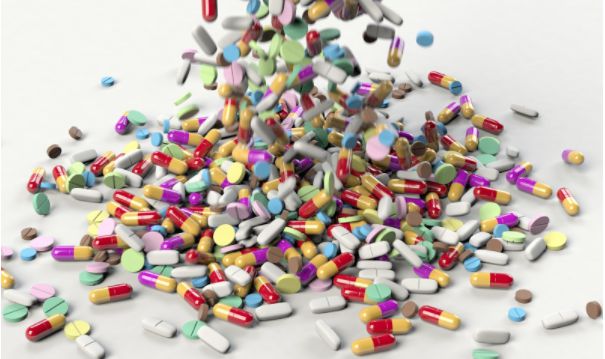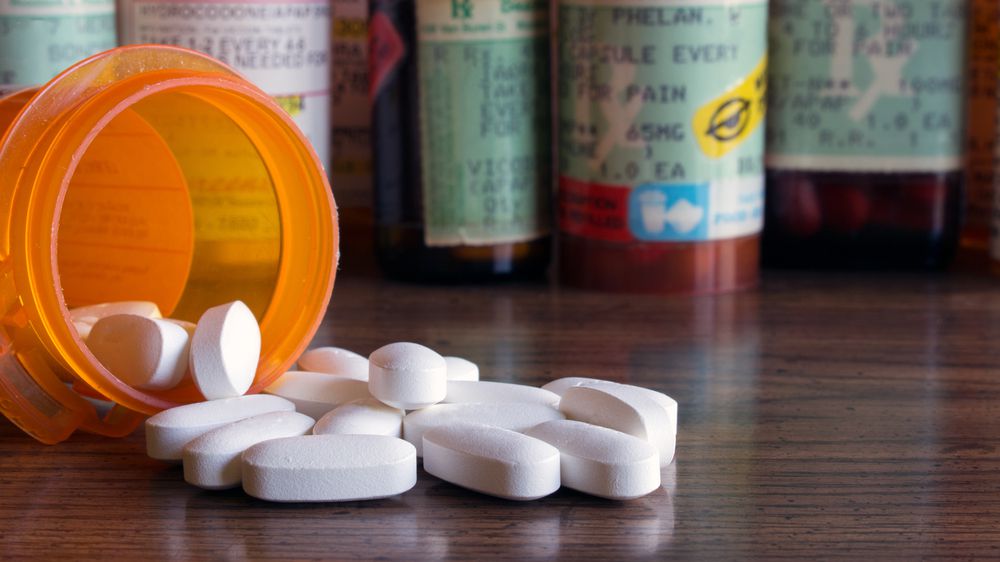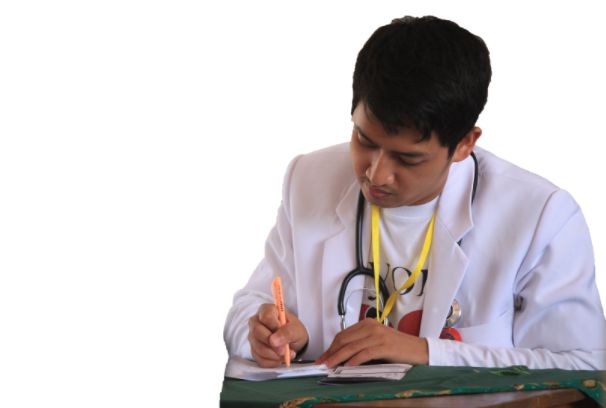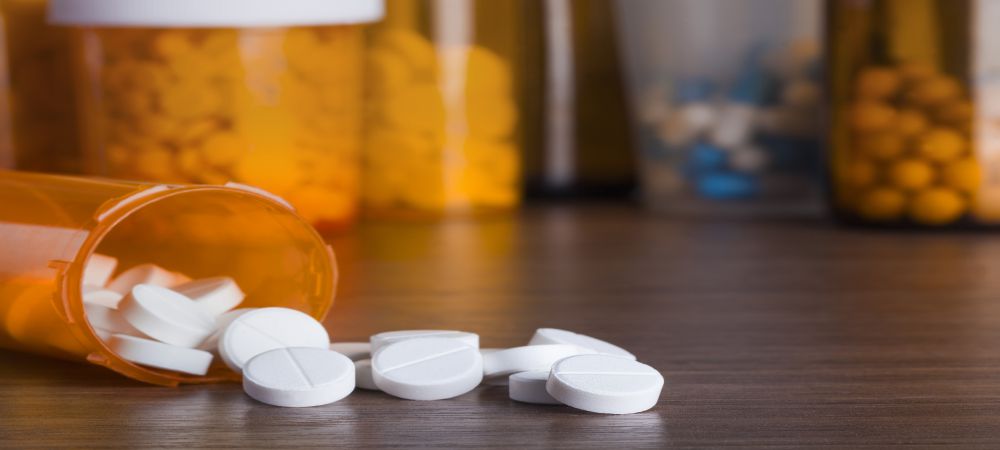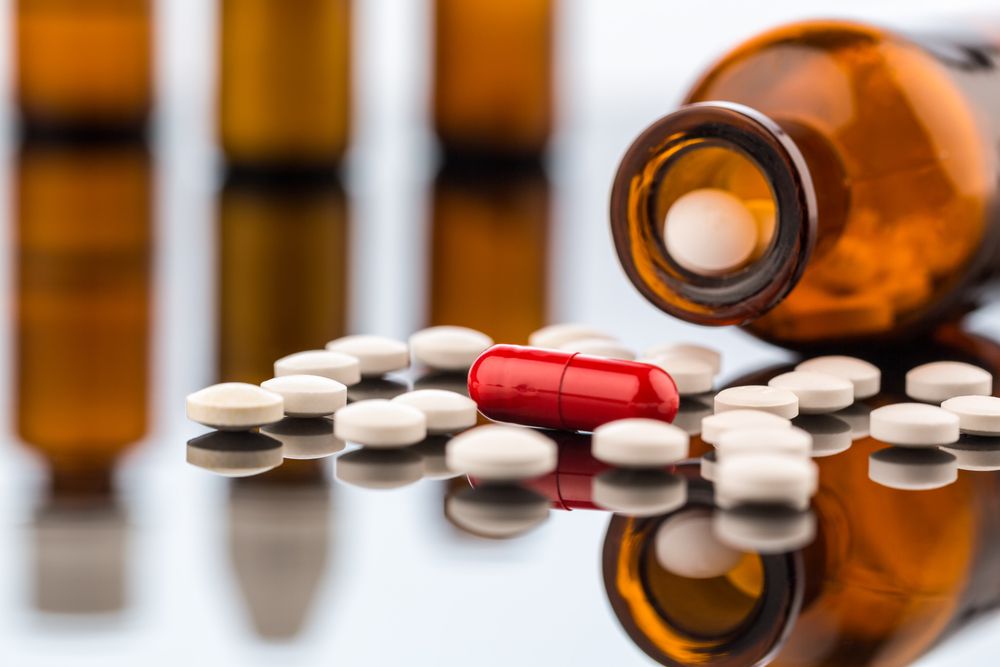
What Are The Signs Of Prescription Drug Addiction?
The signs of prescription drug addiction often go unnoticed by the addicted person and loved ones. This ignorance is worse especially if the drug use started as the legitimate use of medication. When we are taking prescription drugs under the supervision of a doctor, our use of that drug is accepted without question by the people around us. It is well known that most medications come with side effects, so it is easy to write off these effects by saying, “It’s just the medication.”
The problem is that there a fine line between legitimate prescription drug use and substance abuse. It is all too easy to cross that line without noticing. Abuse of a medication can start innocently enough, with the person thinking it would be harmless to take their dose a little earlier than usual on a bad pain day. Before that person knows it, they have an addiction that they cannot shake.
What Prescription Drugs Do People Become Addicted To?
Mainstream media tends to link prescription drug addiction with painkillers. But there are several classes of medications that patients can become addicted to. The symptoms of prescription drug abuse vary depending on which medication is being used.
Opioids
Opioids are pain relief medications such as morphine, codeine and fentanyl. They are prescribed for patients with cancer and other painful conditions, and they are provided to patients who have undergone major surgery or suffered serious injuries.
While opioids are effective pain relievers, they also produce a feeling of euphoria that is particularly attractive to patients who are suffering from chronic pain. The signs of addiction to this prescription drug include constipation, nausea, confusion, impaired coordination and drowsiness. When taken in higher doses than prescribed, opioid medications can slow the heart rate and breathing, and this can put the patient’s life in danger.
Stimulants
As the name suggests, stimulants are designed to amplify certain cognitive and physiological processes. These medications, which include amphetamine (Adderall) and methylphenidate (Ritalin), are prescribed for patients with attention deficit hyperactivity disorder (ADHD) and narcolepsy. In some cases, they are also used in patients who are struggling with obesity.
Side effects of stimulants include euphoria and an increased sense of alertness and energy. Also, patients using these medications may experience loss of appetite, difficulty sleeping, anxiety, agitation, and high body temperature. When taken in high doses, the drugs can cause organ failure and long-term changes to brain chemistry.
Benzodiazepines
Benzodiazepines have the opposite effect to stimulants: they block excess neurological activity and essentially slow things down in the brain and body. These drugs include alprazolam (Xanax), diazepam (Valium) and lorazepam (Ativan), and they are used to treat anxiety, seizures and insomnia. They are sometimes used to manage alcohol withdrawal, and as a pre-surgical medication to calm the patient.
The calming effects of benzodiazepines are exactly what makes this drug so addictive. Side effects include poor coordination, slurred speech, confusion and inability to concentrate, and dizziness. Higher doses can lead to a slowed heart rate, severe weakness, and difficulty breathing. Benzodiazepines are extremely dangerous when taken with alcohol.
Signs And Symptoms Of Prescription Drug Abuse
Anyone who is given a prescription for medication should take the time to learn how to recognize addiction to prescription drugs. They should do this before they start using the medication. With this knowledge, patients and their loved ones are in a better position to take action early if addiction develops.
Although common lore often says that addicts have to hit rock bottom before they can start to get better, this can be a dangerous position to take. For some people, “rock bottom” means permanent damage or loss of life. The sooner a person with addiction gets into a prescription drug addiction treatment program, the better the outcomes will be for them.
Some common signs of prescription drug addiction include the following:
- You seek early prescription refills from your doctor or pharmacist, claiming that you have lost your prescription or medication
- You forge prescriptions
- You engage in “doctor shopping”: the practice of visiting more than one doctor in order to get additional prescriptions
- You use medication that was prescribed for someone else, usually without their knowledge or consent
- You take higher doses than prescribed, or you take additional doses
- You use your medication for purposes other than those for which it was prescribed
- If you run out of medication, you seek alternative “street” drugs
- You lose the ability to make rational decisions
- You experience excessive mood swings, which may come with displays of agitation or hostility
- You sleep significantly more or less than you used to
- You appear to be “high”, unusually energetic, or drowsy
Related article: Tips to Help You Prevent a Prescription Drug Addiction
How to Prevent Prescription Drug Addiction
Reading about the risk of prescription drug addiction can seem overwhelming if you are seeking treatment for a medical condition.
While it is advisable to pause before starting use of these drugs, remember that there are some measures you can take to reduce your risk of becoming addicted.
These include the following:
- Have a conversation with your doctor about the risks and effects of the medication
- Ask your doctor about potential alternative treatments with a lower potential for addiction
- Agree to a schedule of doctor visits for the monitoring purposes
- Talk to your family about the medication you are taking, and provide them with information that would allow them to recognize when a problem might be arising
- If you feel that you are at risk of becoming addicted, have a family member dispense your medication to you as prescribed
- If you have been using the medication for some time, talk to your doctor about how to safely taper off and then discontinue use
Prescription Drug Addiction Treatment
If you feel that you have become addicted to prescription drugs, it is imperative that you seek help as soon as possible. Prescription drug addiction treatment starts with medically supervised detox, which ensures your safety as you go through withdrawal.
Why Can’t I Detox On My Own?
Depending on which medication you are withdrawing from, you may experience some of the following withdrawal symptoms:
- Difficulty sleeping in spite of fatigue
- Vivid dreams and nightmares
- Depression and anxiety
- Paranoia, agitation and displays of aggressive behaviour
- Nausea, vomiting, diarrhea and abdominal cramping
- Sweating that may be accompanied by a fever
- Muscle spasms, shakes and tremors
- Cognitive difficulties, such as memory loss and an inability to concentrate
- Suicidal thoughts and actions
- High blood pressure and elevated heart rate
- Restlessness
- Headache and flu-like symptoms
These symptoms are uncomfortable and frightening at best, and at worst they can endanger your life. By choosing a prescription drug addiction treatment program that includes medical detox, symptoms can be managed as they arise, and you will not be in a position of seeking more drugs just to get away from the unpleasant effects of withdrawal.
What Happens After Detox?
At 1000 Islands Addiction Rehab & Treatment Centre, we provide top quality addiction treatment that is customized to the individual. You are unique, and your path to addiction does not look the same as anybody else’s. It stands to reason that your path back to recovery will be yours and yours alone.
We will guide you through the process of delving into the root causes of your addiction. Furthermore, we will help you discover new ways of coping with the stresses of life without needing drugs. We will also help you have the conversations you need to with doctors, so you can find ways to manage the conditions you were originally using prescription drugs for. To get started, call us at 855-601-0555.
Related article: Why do People Get Addicted to Prescription Drugs

